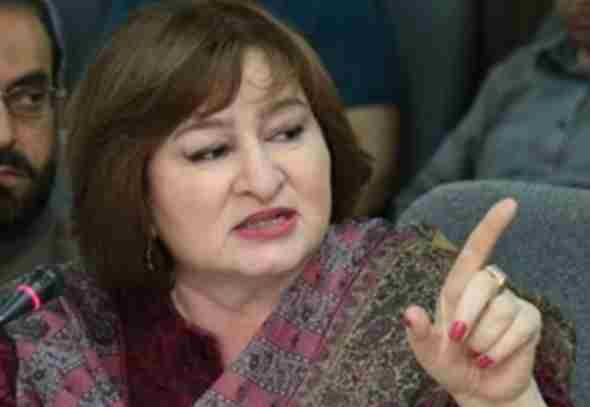KARACHI: Overseas Investors Chamber of Commerce and Industry (OICCI) has recommended harmonization of sales tax on goods and services and should be set at 13 percent as applicable in Sindh province.
The OICCI in proposals for budget 2020/2021, said that the sales tax rate in Pakistan, at 17 percent, is the highest in Asia. Our analysis shows an average of less than 12 percent in Asia, with a range of 6 percent to 17 percent.
Moreover different rates of sales tax on goods and services i.e. standard, reduced, specified etc. prevailing in the country lead to a number of issues for business organizations operating all over the country.
Sales tax rates (federal and provincial), both on goods and services, should be harmonized throughout the country and be aligned to 13 percent charged in Sindh.
Moreover only one Tax return should be filed with FBR.
The OICCI highlighted the issue of admissibility of Input sales tax on civil work and other equipment and materials.
Adjustability of input sales tax restricted under section 8(1)(h) & (i) of Sales Tax Act, 1990 and SRO 490(I)/2004 on building material, office equipment, furniture & fixtures, vehicles & their parts used for taxable activity purposes has increased the cost of doing business for all documented sectors, and encourages procurement from un-registered sector whereby 17 percent sales tax cost is mitigated with only 5 percent sales tax withholding.
The OICCI recommended that Sub-Section (1)(h) and (i) of section 8 of STA 1990 should be deleted.
SRO 490(I)/2004 which is in contradiction with section 8 should also be rescinded.
The overseas chamber pointed out the issue of sales tax be applied at the time of delivery, instead of Earlier of Receipt of Payment or Delivery of Goods.
It said that prior to amendment made in section 2(44) of Sales Tax Act, 1990, vide Finance Act, 2013, sales tax was levied at the time of actual delivery of goods regardless of time of payment.
Application of sales tax on advances causes serious operational issues and also leads to unnecessary reconciliations resulting in hardships to taxpayers.
The OICCI recommended that sales tax be applied at the time of actual delivery for ease of doing business, rather than earlier of receipt or delivery.
The OICCI said that as per serial no. 1 and 2 of Eleventh Schedule of Sales Tax Act, 1990, Government departments/ bodies/ authorities and Companies as defined in ITO 2001 are required to withhold sales tax against supplies made by registered and active sales taxpayers. This is only creating hardship for registered sales tax persons as Government departments are not making withholding sales tax payments through FBR web-portal system and deductions made by Companies like leasing companies, Modarabas, etc who are not registered in STA 1990 and FBR does not allow any manual entry of such withholding sales tax.
After implementation ‘STRIVe’ from July 2016 onwards, no mismatch arises between input and output tax for transactions with registered sales tax persons.
Therefore, withholding sales tax on purchases made by Government departments/ bodies/ authorities or unregistered taxpayers, etc. from registered sales tax persons being active taxpayer is only creating hassles and unnecessary documentation for tax payers.
It is recommended to abolish serial no. 1 and 2 of Eleventh schedule of STA 1990.
Sales tax SRO’s are issued so frequently that it is very difficult to keep oneself updated with respect of different SRO’s and it’s also difficult to identify the current applicable SRO.s
All active SRO’s should be made part of the Act. Subsequently in every budget, SRO’s issued during the previous year, should also be made part of the Act.
Joint and several liability of registered persons in supply chain where tax remains unpaid.
As per section 8A of Sales Tax Act, 1990 a registered person purchasing goods is jointly and severally liable if the sales tax is not paid by the seller of the goods. It is quite unjustified to punish a genuine buyer for an offense committed by corresponding supplier. This section is also inequitable as payments are made after verifying the seller status on the FBR portal at the time of purchase.
It is recommended that Section 8A of the Sales Tax Act, 1990 should be abolished.
As per section 8B a registered person is not allowed to adjust input tax in excess of 90 percent of the output tax for that period in STA 1990.
It is recommended that section 8B of the STA 1990 should be abolished for registered taxpayers. Most industries have long term import contracts with international suppliers. Due to current COVID pandemic situation, sales of companies have reduced significantly and resultantly, input tax is getting accumulated as full adjustment of input taxes against output tax is not possible.





